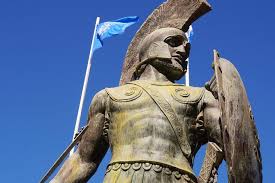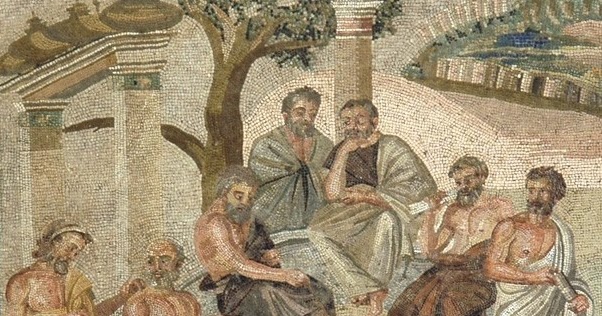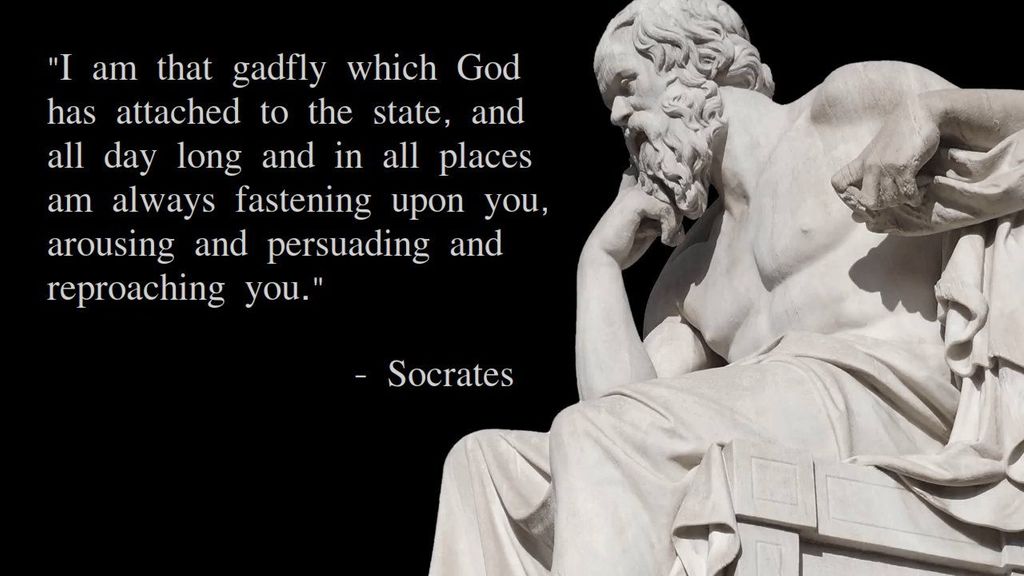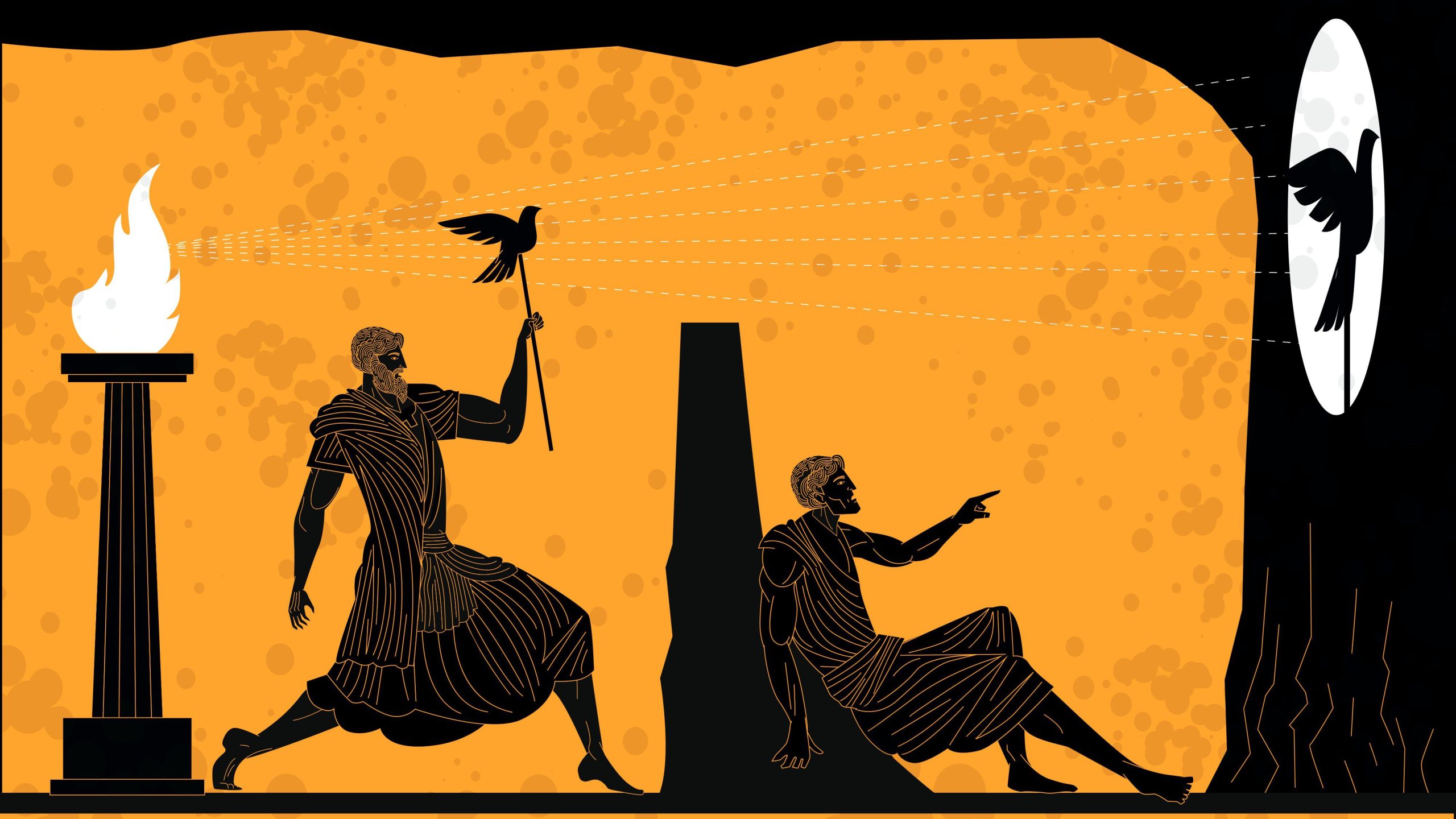by A.P. David Unlike Socrates, Plato wrote—and wrote and wrote. This was a man who said, on a rare occasion in the first person, that his theories could not be expressed in writing. Just as inner contradiction is a key to effective drama, where we call it ‘conflict’, contradiction appears to be the fount and






